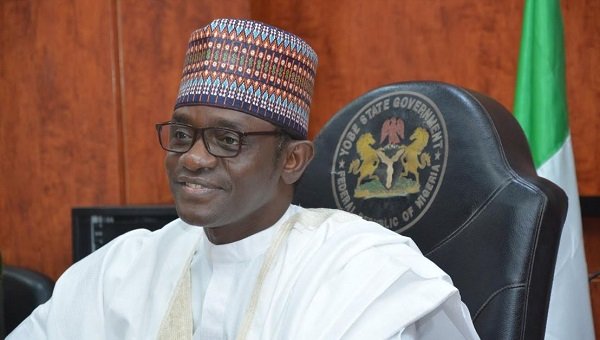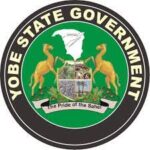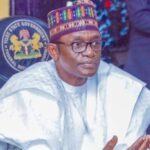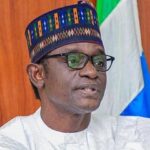Education in the North East has suffered serious setbacks due to the Boko Haram insurgency, and no thanks to the COVID-19 pandemic and other challenges which have further worsened the situation.
Yobe State, one of the heavily affected states in the region, has suffered challenges in the sector following the killing and abduction of hundreds of students and teachers and the burning and destruction of school buildings by the insurgents.
Daily Trust findings revealed that between 2013 and 2014 at least 196 students were killed following six attacks on secondary schools.
Records show that 59 students were killed in Federal Government College (FGC), Buni Yadi; 47 at Government Science and Technical School (GSTC), Potiskum; 42 at GSS Mamudo; 40 at College of Agriculture, Gujba; and eight at GSS, Damaturu.
The developments forced many parents, students and teachers into a state of fear, hence many migrated out of the state and others withdrew their children from attending Western education schools.
Speaking on the state of education in the state, the Chairman of the Yobe State Network for Civil Society Organisations, Baba Shehu, said the state government had not done enough in terms of reviving the education sector.
Shehu said, “One of the major problems is addressing issues around quality of primary education so that children can transit from one level to another with better learning outcomes.”
While noting that the government has not done so much in terms of sensitisation campaigns on pupil enrollment, he said there was also a problem around teachers’ recruitment whereby the elite were given slots to bring in candidates, and that in most cases they brought people who lacked the commitment to teach in villages.
Shehu further said hundreds of qualified indigenous teachers were being produced annually from the two recognised teaching colleges in the state: the Federal College of Education (Technical), Potiskum, and the College of Education, Gashua, but that they were not being employed despite the teacher shortage.
He said while the declaration of emergency on education, convening of the education summit and formation of the education council were good things to drive education, “We have not seen them reflecting on what is actually on ground.”
He explained that, “With the coming of the education council we expect to see genuine commitment in terms of reviving and improving the quality of infrastructure in our schools. We want to see the new schools furnished and put to use.”
For the Secretary of the Nigeria Union of Teachers (NUT), Yobe State council, Dr Ali Fannami, poor remuneration and overpopulation of students in classes are some of their challenges.
Dr Fannami said, “Because of class shortage, you could have more than a hundred students in a single class, and that is really too much and distorts the learning process.”
He noted that lack of proper training and retraining of teachers and lack of adequate teaching professionals within the teaching line was also a challenge in the state.
However, as part of the recovery effort, Gov Mai Mala Buni declared a state of emergency on education on the assumption of office in May 2019 and went on to constitute a technical committee to revitalise basic and secondary education in the state.
The Chairman of the committee, Prof Mala Daura, disclosed that the committee had submitted its report to the government and was working closely with the Ministry of Education to implement the recommendations.
He said, “It was also part of the committee’s recommendation that you see a lot of development in terms of education: new schools were constructed, a lot of renovation is currently taking place in many of the schools; both our primary and secondary schools.”
He further said a lot of training was also taking place in various local government areas of the state-funded by international development agencies and facilitated by the state Ministry of Education.
He explained that the state was doing a lot towards revitalising education and that with the coming of the educational council a lot would be done in the near future.
The Commissioner for Basic and Secondary Education, Dr Sani Idris, stated that the 13-member committee of the newly formed education council constituted by the governor would reduce administration bottlenecks in facilitating policies and programmes meant for education.
He said it would also avail the ministry an opportunity to hear from various experts on how to go about actualising the dreams of the citizens along the education line.

 Join Daily Trust WhatsApp Community For Quick Access To News and Happenings Around You.
Join Daily Trust WhatsApp Community For Quick Access To News and Happenings Around You.


